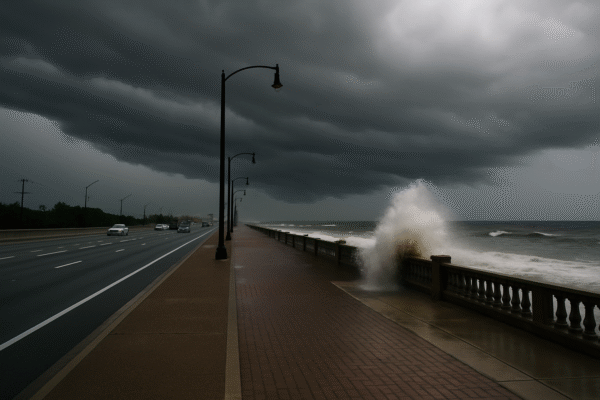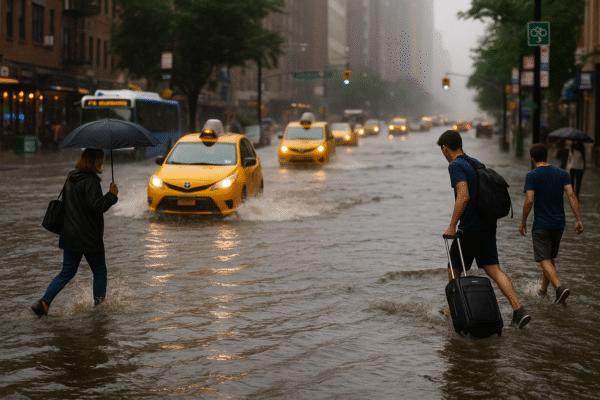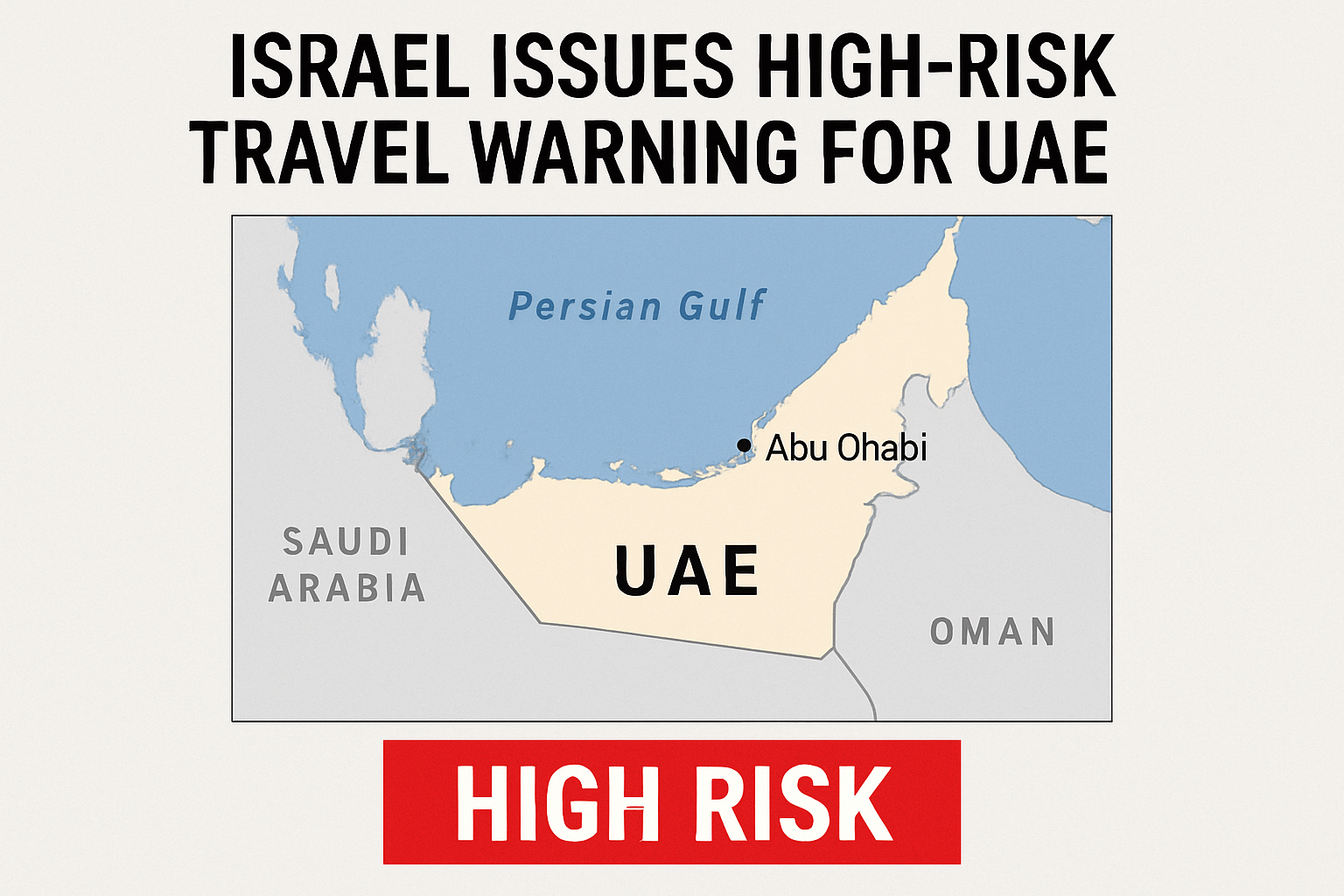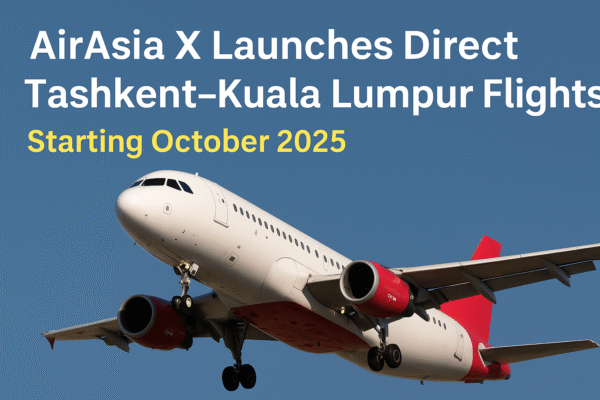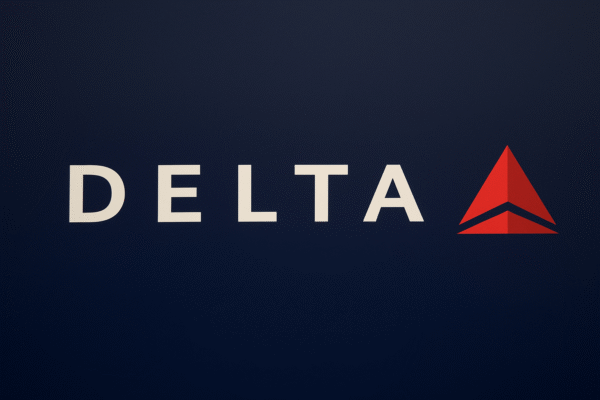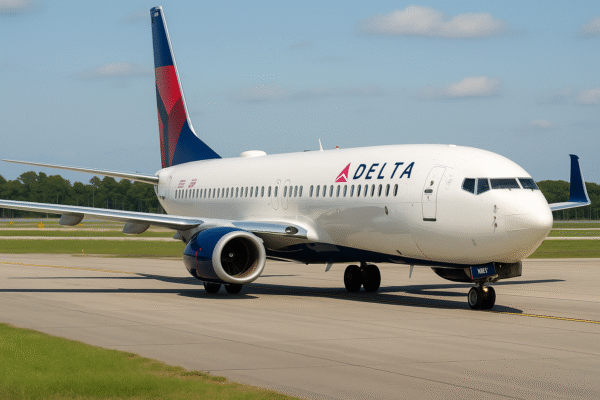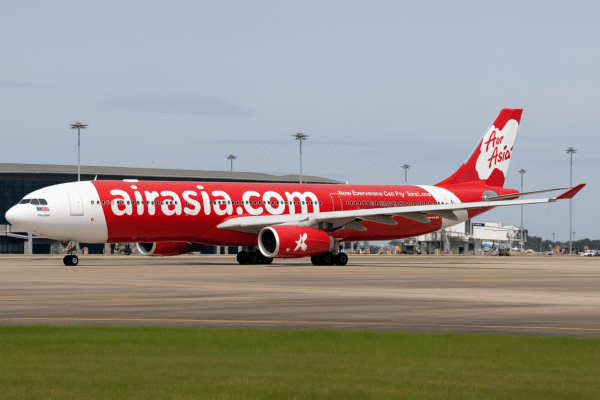AHMEDABAD – June 2025 — Just days after a fatal Boeing 787-8 Dreamliner crash in Ahmedabad shocked the aviation world, Air India has cancelled five major international routes involving the same aircraft model, triggering heightened scrutiny of Dreamliner safety standards across global airlines.
The cancellations are part of a broader safety initiative, following the June 12 crash of Air India flight AI 171, which claimed the lives of 241 out of 242 onboard and 33 on the ground after the aircraft crashed into a college hostel shortly after takeoff en route to London Gatwick. The only survivor was pulled from the wreckage hours later, in what has become one of India’s deadliest aviation incidents in recent history.
Grounded Routes and Disrupted Passengers
In the wake of the tragedy, Air India cancelled five Boeing 787-operated flights:
- AI 915 – Delhi to Dubai
- AI 153 – Delhi to Vienna
- AI 143 – Delhi to Paris
- AI 159 – Ahmedabad to London Gatwick
- AI 170 – London Gatwick to Amritsar
These suspensions have left hundreds of passengers stranded across Europe and India, with Air India offering full refunds and rebooking options as investigations continue.
A spokesperson for India’s Directorate General of Civil Aviation (DGCA) confirmed that additional inspections of all Dreamliners operated by Indian carriers are underway, with an emphasis on engine diagnostics, flight control systems, and maintenance logs.
Global Safety Spotlight on Boeing 787
The Boeing 787 Dreamliner, once seen as a technological marvel for its fuel efficiency and long-range capabilities, is once again under global scrutiny. In recent years, the aircraft has faced concerns over battery malfunctions, mid-air system failures, and structural component fatigue.
The Ahmedabad crash has prompted international regulators, including the European Union Aviation Safety Agency (EASA) and U.S. Federal Aviation Administration (FAA), to coordinate safety audits of Boeing 787 fleets globally. Preliminary reports suggest the Ahmedabad crash may be linked to a critical failure during ascent, but full conclusions await black box data analysis.
In response, Air India has pledged “complete transparency and full cooperation” with international authorities and aircraft manufacturer Boeing, whose own crisis management teams have been dispatched to India.
Technical Incidents Multiply Across Indian and Foreign Flights
While the cancellations were described as precautionary, a series of technical issues involving Boeing 787s have emerged:
- A Hong Kong–Delhi Air India flight was forced to turn back due to engine anomalies.
- A San Francisco–Mumbai Dreamliner experienced cabin pressurization issues during a stopover in Kolkata, prompting an emergency evacuation.
- Lufthansa and British Airways have also reported Dreamliner malfunctions en route to India, resulting in mid-air returns to Frankfurt and London, respectively.
These incidents have only intensified the fear and confusion among travelers, with many questioning whether Dreamliner flights remain safe.
Aviation Industry Faces Trust Deficit
The emotional aftermath of the Ahmedabad crash is reverberating beyond technical concerns. For thousands of travelers—especially Indian nationals relying on Air India for international routes—the crash has introduced a new level of anxiety.
Passengers affected by the grounded flights voiced frustration on social media, citing lack of communication, missed connections, and uncertainty over future bookings. Travel agents and industry analysts warn that the reputation of Boeing’s 787 aircraft may suffer lasting damage unless clear safety assurances are provided soon.
Air India’s parent company, Tata Group, has reiterated its commitment to safety-first operations, adding that the company is investing in real-time aircraft monitoring technology, increased technician training, and third-party safety audits.
Expert Guidance: What Travelers Should Do
For those with upcoming flights on Dreamliner-operated routes, here’s what aviation experts and the FSA (Flight Safety Authority) advise:
- Check Flight Status Daily: Use Air India’s official website or app for real-time updates.
- Reconfirm Aircraft Type: Before flying, confirm whether your flight is on a Boeing 787 and consider rescheduling if you’re uncomfortable.
- Invest in Travel Insurance: Choose policies that cover cancellations due to mechanical or safety-related disruptions.
- Arrive Early at Airports: Heightened security and rebooking queues are expected across major terminals.
- Consider Alternative Routes: Airlines such as Emirates, Lufthansa, and Qatar Airways are offering rerouted options.
Boeing and Regulators Under Pressure to Act
As the manufacturer of the Dreamliner, Boeing is under increasing pressure to publicly address growing safety concerns, publish inspection results, and expedite technical upgrades. The FAA has reportedly ordered airlines worldwide to submit Dreamliner service records from the last 12 months.
The company has stated it is “fully engaged” with Indian and international regulators, and “deeply regrets the tragic incident in Ahmedabad.”
A Turning Point for Global Air Travel
The recent events have forced the aviation industry to re-examine its safety benchmarks, not only for hardware but also for operational transparency and passenger trust. The grounded flights represent more than a precaution—they symbolize an industry grappling with how to ensure accountability, reliability, and public confidence.
As the investigation continues, more announcements are expected from Air India and regulatory agencies in the coming days. For now, the message is clear: safety cannot be assumed. It must be proven, maintained, and constantly audited.
For more travel news like this, keep reading Global Travel Wire




